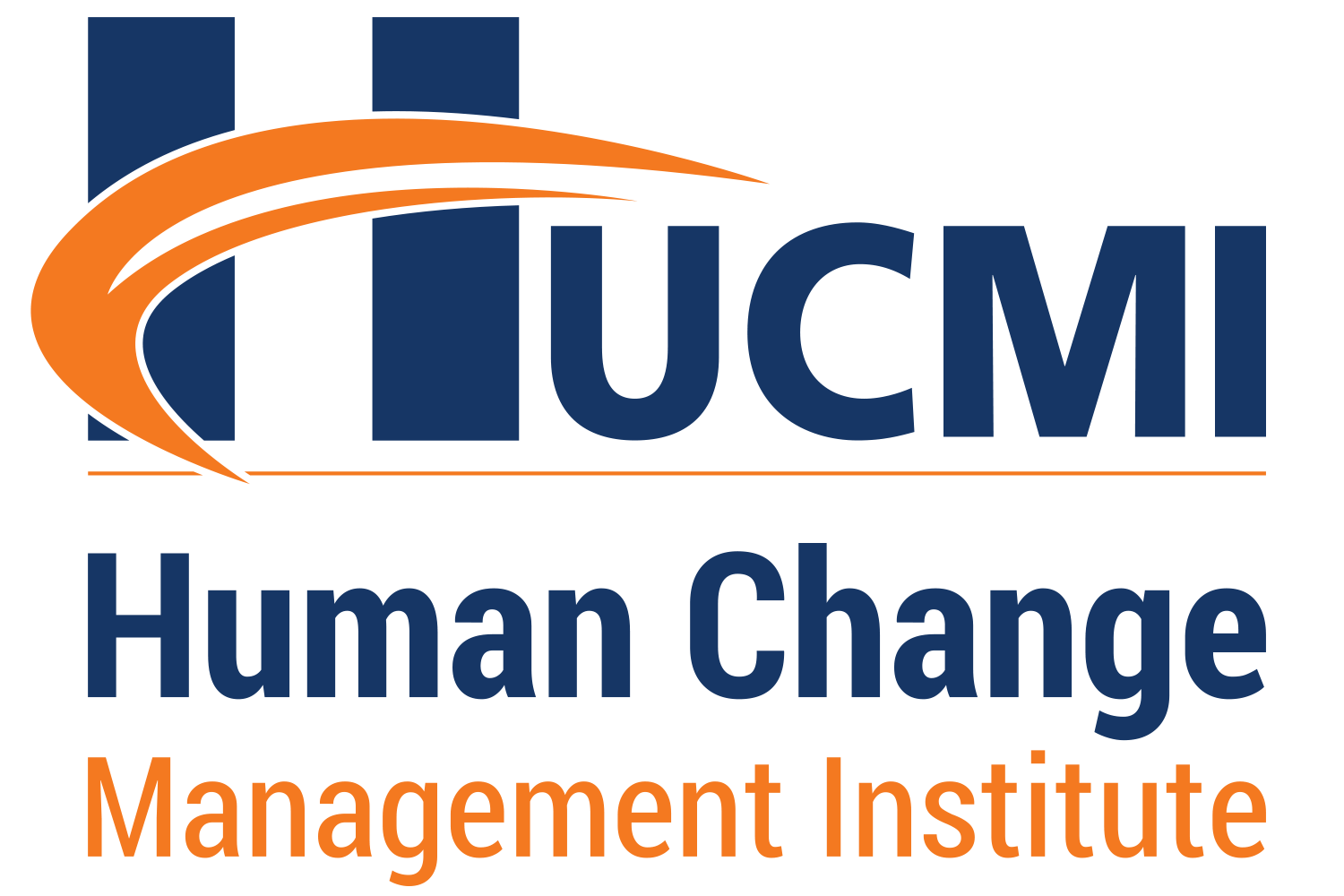Human beings change spontaneously when the discomfort of being in a certain situation seems greater than the change.
However, some changes can be very difficult to process by humans, and put us in a state of mourning.
Grief is a necessary state of transition for people to process the losses, experience feelings like anxiety, immobilization, denial, fear, anger, bargaining, guilt, depression and finally, work on the re-signification of, and stabilization in, a new adapted state.
When we know in advance that we will experience a change that will be perceived as a loss, we go into a state of anticipatory grief. This is a common phenomenon in human behavior when we feel the major change we can experience in life—death of a loved one or our own—is imminent. This was first described by doctors who noted that the wives of soldiers sent to war went into a state of mourning even before their death was confirmed.
Within hospital psychology, anticipatory grief, if properly dealt with, can be positive for people to process impending losses, preparing patients and their families for an irreversible situation. Patients are able to do things they would like to have done but did not have a chance to do. Friends and family can resolve outstanding conflicts, thus minimizing the effect of guilt in the mourning phase that follows the fatal outcome.

Anticipatory grief can also be found in many organizations when a change is about to happen. If the change has not been adequately communicated or understood, its effect will be negative, creating a feeling of anxiety and fear fueled by uncertainty about the future.
Often this change does not even exist. It is the result of a myth or an organizational environment of low trust in the leaders and organization.
The effects of organizational anticipatory grief, in this case, are very serious. People come to a standstill, become angry and even aggressive. Surviving, maintaining the status quo is more important than anything else. Productivity is affected. Creativity gives way to stagnation. Corridors and common areas like cafeterias and coffee points become information points. Truths are created or distorted, creating an atmosphere of pessimism towards the future. Knowledge is no longer shared by the workforce and is now used as a strategy in an alleged dispute over the maintenance of their positions in the organizational structure. When the change occurs, resistance has already been magnified by the general state of early suffering promoted by lack of timely communication or even inadequate initial communication of the changes that were to come.
The figure below compares human relations at the personal and professional levels. In this case, the behavior at the professional level reflects a situation where changes were not managed or where changes and their results were ineffectively managed.

Many aspects of the change management approach based on the HCMBOK® activities are designed to prevent people from going into the organizational anticipatory grief state due to a negative perception of the change. These activities, when performed properly and in a timely manner, generate psychological security, reduce negative impacts on the organizational climate, minimize resistance or antagonism, and increase resilience, thus preparing the organization to better accept the change. Note that resilience is not impermeability. Resilience means being affected by the change, but having the ability to adapt and go back to a defined state after adjusting to a new reality.
When the organizational anticipatory grief is well managed, as in hospital psychology, many actions can be implemented to channel negative perceptions of change to a more positive situation through better opportunities for processing losses and adjusting behaviors as necessary to adapt to the future situation. We thus leave a situation where what we feel (uncontrollable instance) is dominant and gradually replace what we feel with how we act, how we manage our attitudes before the change (controllable instance).
Even when we cannot choose the circumstances we will experience, we can always choose how we will experience them.
Understanding the need for an organizational change does not necessarily eliminate the pain that the change will cause, but for many it makes the situation more transparent, gives meaning to things, eliminates distorted perceptions of reality and accelerates the process of adjustment to the future state of the organization. The figure below again compares the changes at the personal and professional levels. This time the comparison reflects the deployment of effective change management.

Managing changes involves understanding human nature. The phenomenon of Anticipatory Grief is part of all of us. Those who once entered a company and had the impression that they were at a funeral, even without knowing it, have already felt the effects of organizational mourning, whether anticipatory or not.
Avoiding THE ORGANIZATIONAL ANTICIPATORY GRIEF in many cases is impossible. Managing it properly is imperative.
Vicente Gonçalves – CEO – HUCMI
The Human Change Management Institute is a Qualified Education Provider™ (QEP™) of the Association of Change Management Professionals® (ACMP®) for the HCMBOK® Training and Certification Program.
